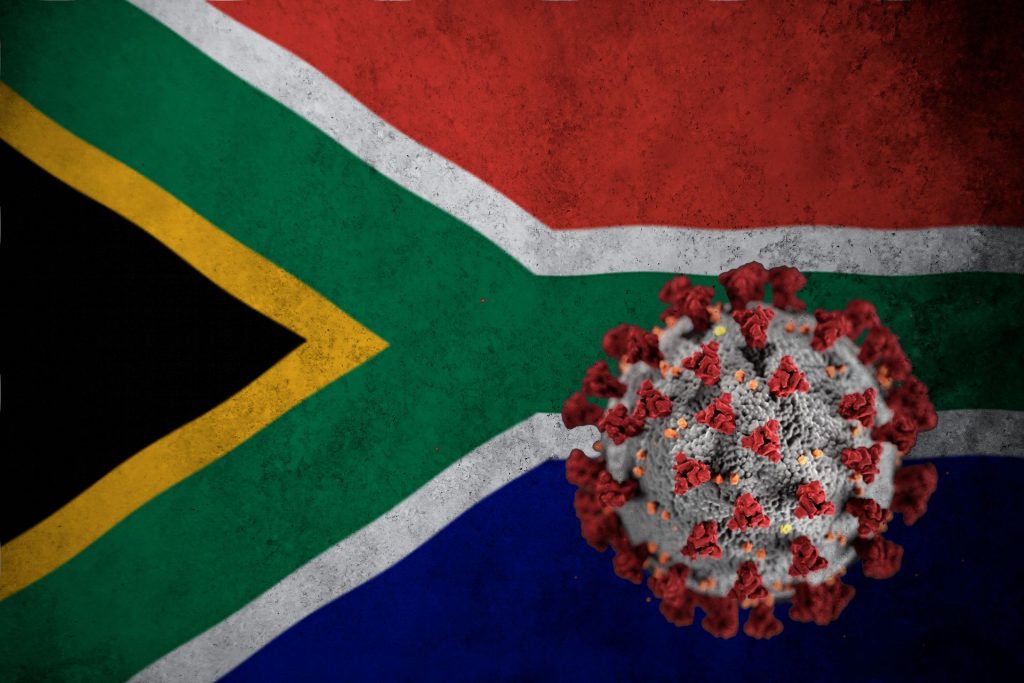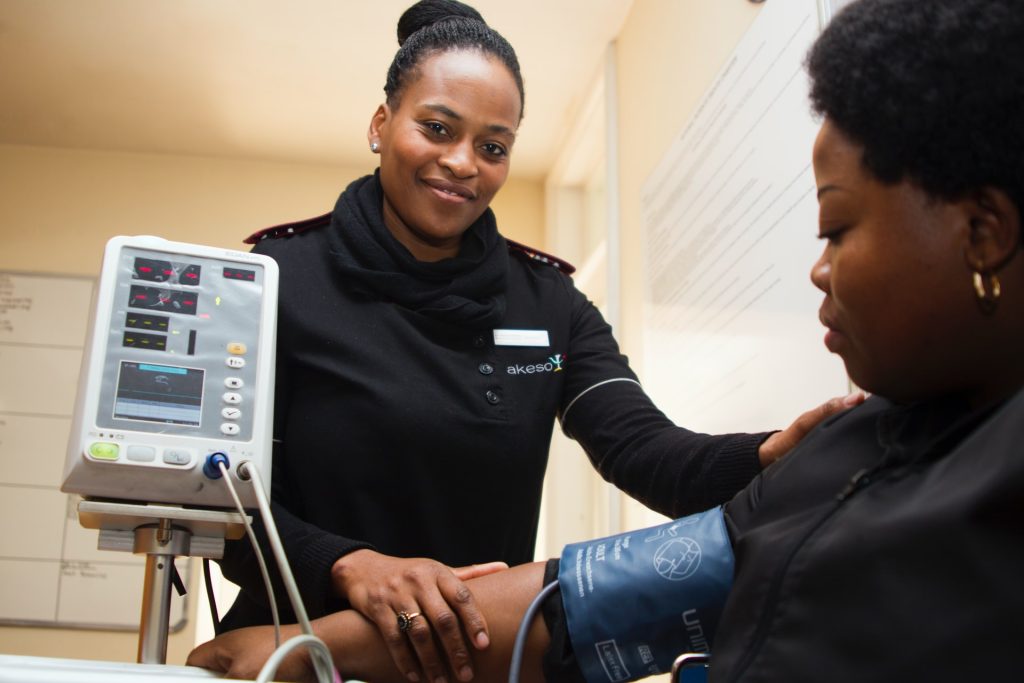Miscarriage Should be Recognised as a Bereavement, Argues Psychiatrist

A miscarriage during the first 6 months of pregnancy should be recognised as a bereavement, rather than illness in UK law, argues psychiatrist Nathan Hodson in correspondence published online in the journal BMJ Sexual & Reproductive Health.
Some MPs in the UK government have called for following in the steps of New Zealand’s policy of giving bereavement leave at any stage of pregnancy loss, though this has been met with opposition.
The Parental Bereavement (Leave and Pay) Act 2020 allows for two weeks’ statutory bereavement leave for a stillbirth after 24 weeks and for the loss of a child up to the age of 18 in the UK. In South Africa, the 2002 Basic Conditions of Employment Act allows for six weeks’ maternity leave for pregnancy loss after 28 weeks.
Dr Hodson pointed out that parents in these circumstances are also entitled to take maternity or shared parental leave planned before the stillbirth, giving them weeks or months to recover from their loss.
But those who miscarry before 24 weeks in the UK have no such rights, added to which the miscarriage is regarded as an illness, with entitlement to sick leave. And if this lasts longer than 7 days, a formal sick note from a doctor is required.
“This policy creates an arbitrary cliff edge at 24 weeks,” with few women who miscarry being aware of their employment rights, Dr Hodson insisted.
Presently it is not known how many miscarriages occur in the UK annually nor how much sick leave is taken for them. He acknowledges this could open up private companies to unknown costs for employee miscarriage at any stage.
A single week of statutory bereavement leave when miscarriage occurs after the 12 week scan could reduce these costs. “Miscarriage risk after 12 weeks is less than 1% so this policy would be highly targeted with a less uncertain price tag,” he explained.
And within 2 or 3 years there should be sufficient data from New Zealand to estimate the impact of the policy, which was introduced in March this year. This allows women and partners 3 days of paid leave, irrespective of how long the woman had been pregnant, but excluding abortions.
But in any case, “miscarriage should as far as possible be recognised as bereavement, not sickness, and many parents will need time off work afterwards,” wrote Dr Hodson.
“Leave following first-trimester miscarriage should be prioritised when New Zealand has published data. But whatever approach is taken with regard to early miscarriages, the cliff edge at 24 weeks is a stark injustice demanding remedy.”
Source: EurekAlert!










